Kitchen Knife Myths Explained:
Sorting Fact From Myth
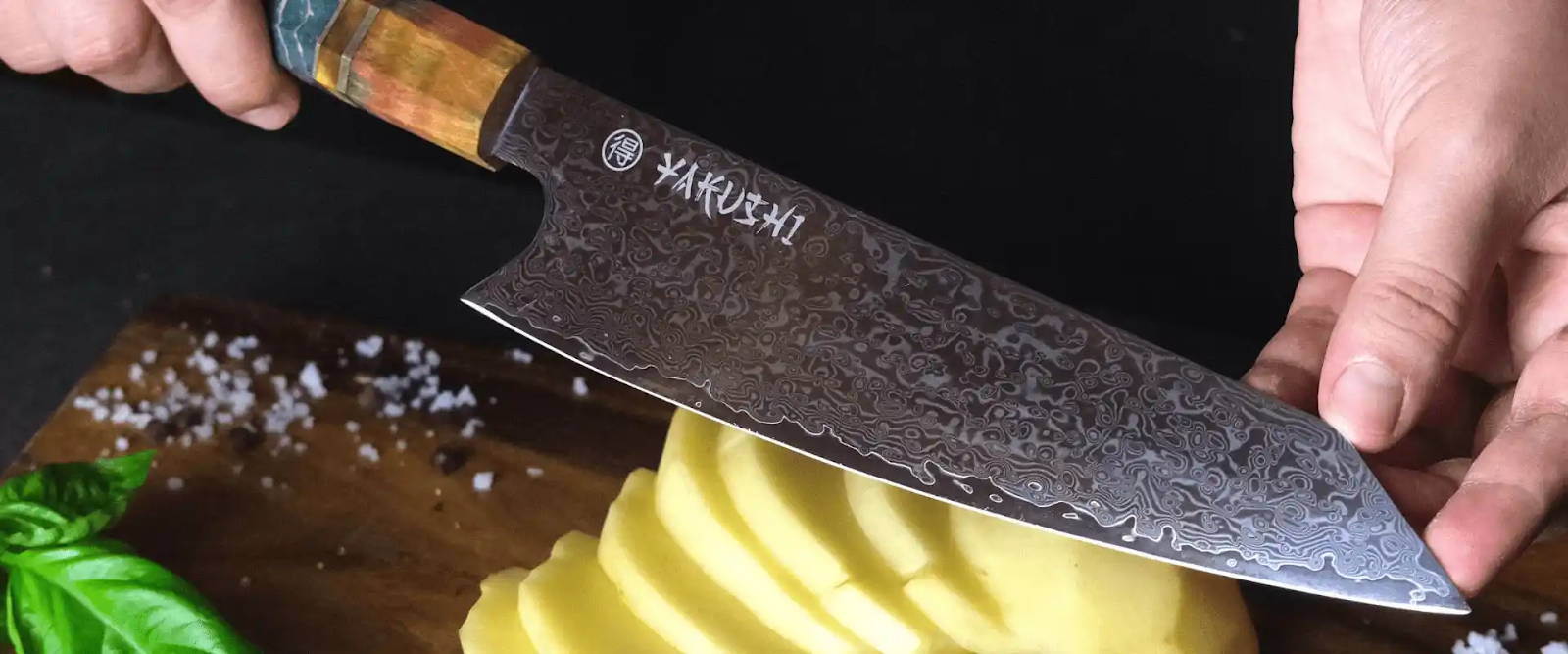
Popular Myths About Kitchen Knives

Myth 1: A Sharp Knife Is More Dangerous Than a Dull One
Myth 2: Honing and Sharpening Are the Same Thing
Myth 3: The cutting board doesn't matter
Myth 4: Washing Knives in the Dishwasher is Safe
Myth 5: Expensive Knives Are Always Better
Myth 6: Stone- The Best Kitchen Knife Sharpening Tool
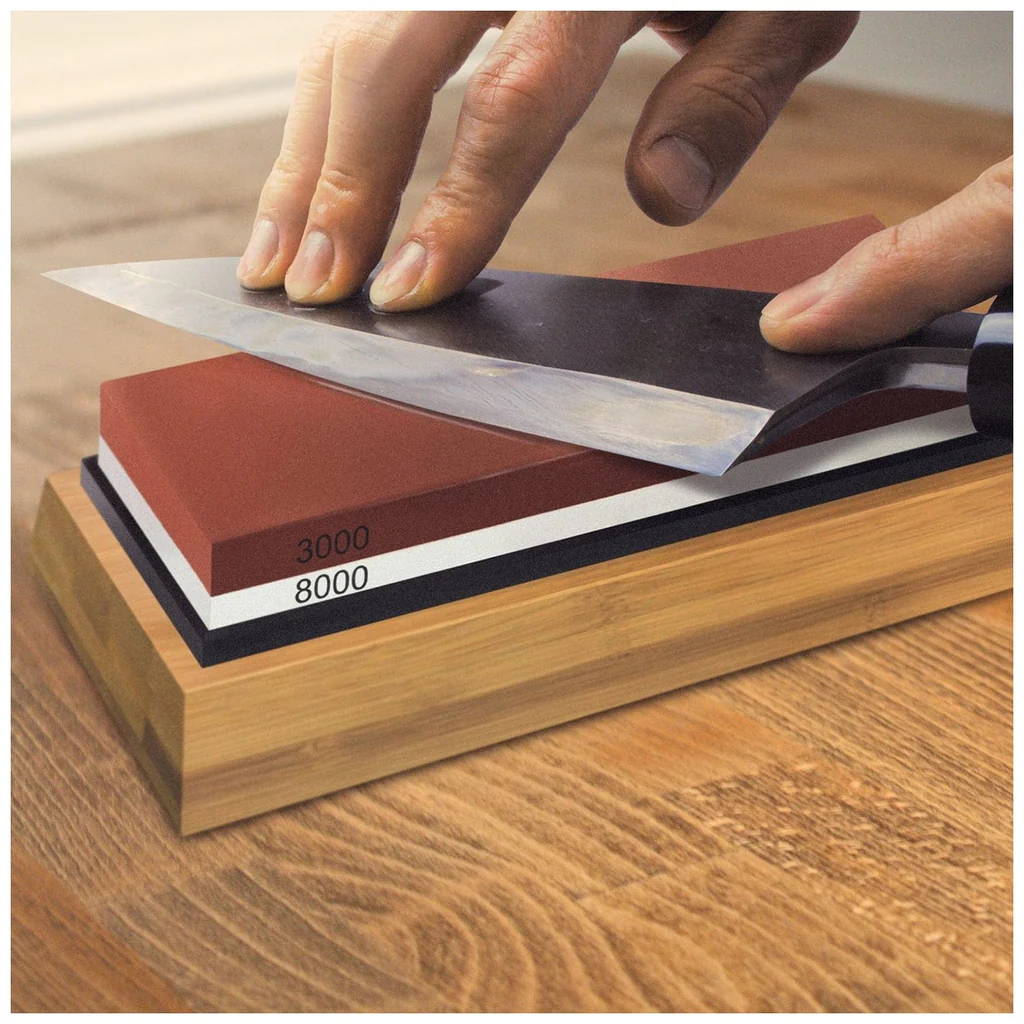

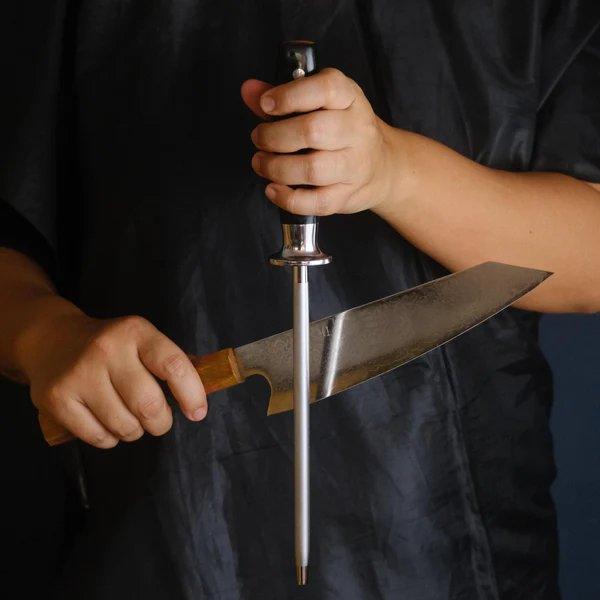
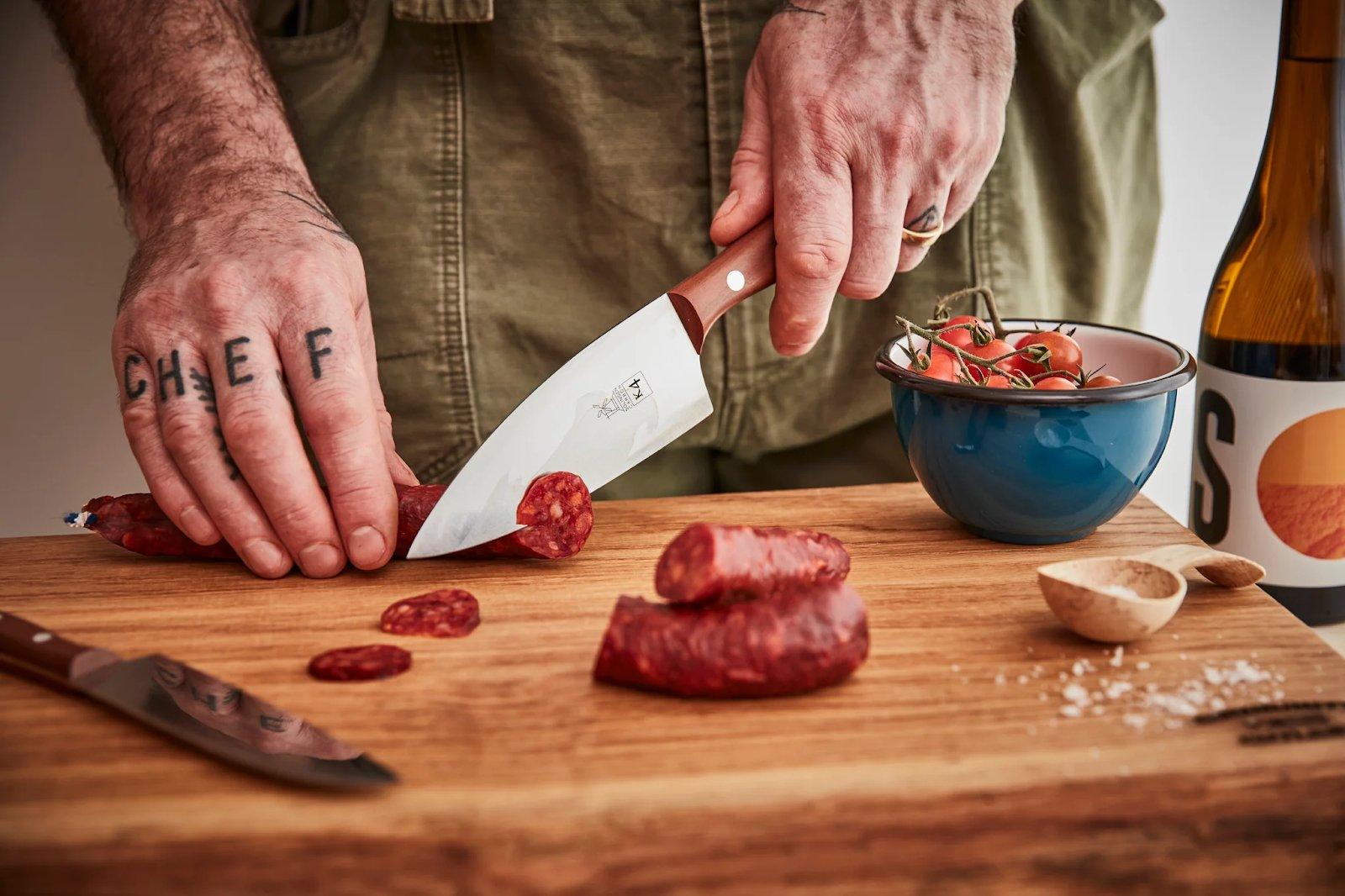
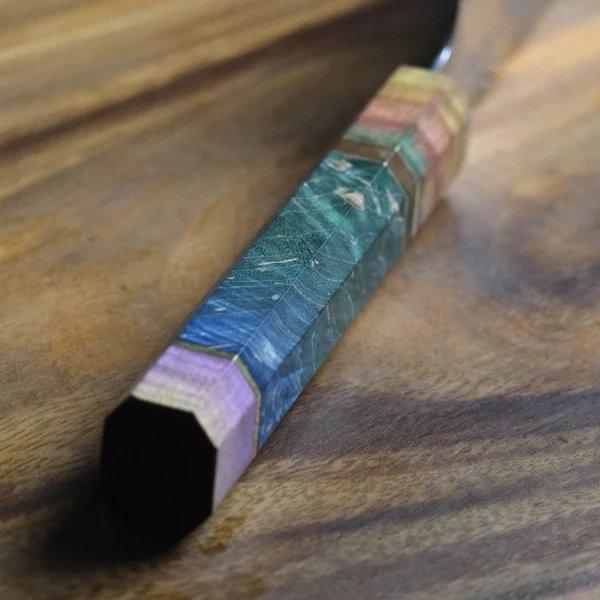
Leave a comment
This site is protected by hCaptcha and the hCaptcha Privacy Policy and Terms of Service apply.